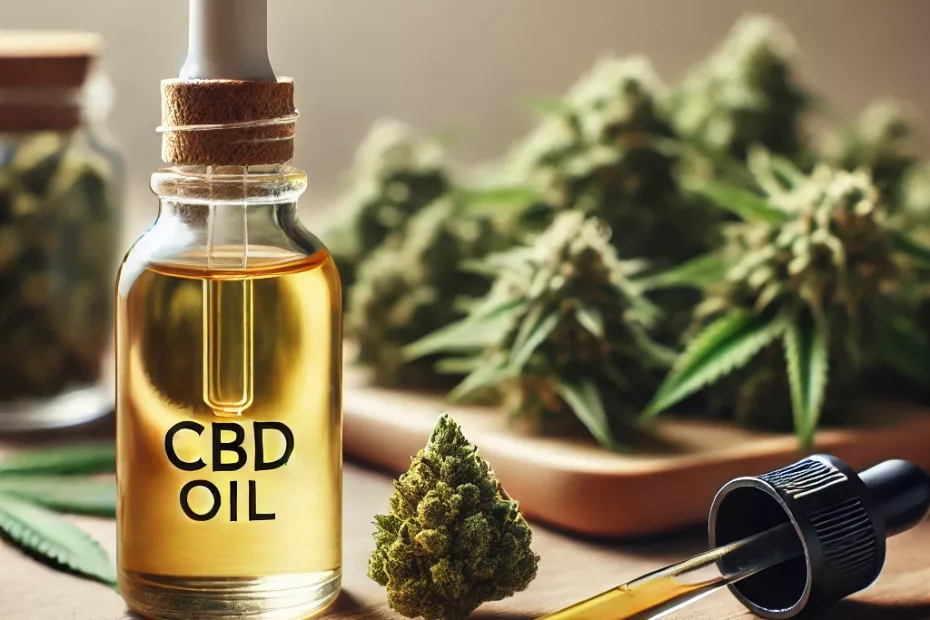Two of cannabis’s best-known compounds, THC (tetrahydrocannabinol) and CBD (cannabidiol) – the psychoactive and non-psychoactive compounds, respectively – have always been viewed as mutually antagonistic or at least in balance with each other. While THC (the intoxicating, euphoric component) typically gets most of the attention, the non-psychoactive, relaxing, and anti-anxiety CBD component is considered a balancing agent. But new research indicates that they are not in balance or opposition at all.
A recent double-blind clinical trial has introduced a cloud of doubt around this widely accepted myth of CBD’s ability to suppress THC. Perhaps, instead of reducing THC’s negative effects – intoxication, cognitive impairment, anxiety – higher doses of CBD actually heighten its intoxicating effects.
Here, test subjects were given 9 milligrams of THC and 450 milligrams of CBD. When asked how intoxicated they felt – both physically and mentally – they reported themselves to be far more blissfully stoned than when they were given pure THC. Blood samples also showed significantly elevated levels of THC and its psychoactive metabolites, leading researchers to speculate that CBD might inhibit the body from fully metabolising THC, meaning it would take the body longer to process the THC and, therefore, help to prolong its psychoactive effects.
However, even lower doses of CBD (30 milligrams) would indicate an interaction with THC, although these doses were not large enough to have a subjective effect on perceptions of being high.
Directed by Andriy Gorbenko of the Center for Human Drug Research in the Netherlands, researchers enrolled healthy men and women ages 18 to 45 – all of whom had used cannabis before, but who had abstained from it for at least three weeks before the study began. Participants arrived at the clinic on five separate occasions to receive either a placebo, pure THC, or a combination of THC and CBD. Neither the subjects nor the scientists who conducted the study knew whether they were giving or receiving the active drug versus placebo on any given day.
The researchers also assessed the subjects’ sense of pain and intoxication after consumption, as well as taking multiple blood samples every eight hours. At lower doses, CBD didn’t seem to alter the mind-altering effects of THC. But at the highest dose, it had a noticeable effect on a number of different psychoactive parameters.
They think this is caused by a ‘drug-drug interaction’, with CBD as the ‘perp’ drug and THC the ‘vic’, changing the way the body metabolises THC. Their study joins others that challenge the notion that CBD tames THC.
Not that CBD made her pain any less treacherous, either: ‘When I tried it, I didn’t feel anything,’ she says. ‘I don’t think it had any effect on pain relief at all.’ An additional subgroup of 60 patients received a combination of the two drugs. The results of the trial, published in the Journal of Pain in 2019, showed that, by the fifth week, the placebo group reported an average pain reduction of 1.9 points on a scale of 10. The CBD group experienced an average pain reduction of 2.1. The placebo group reported a 1.7 increase in their physical functioning – the ability to walk, climb stairs or perform other physical tasks. The CBD group experienced an average 2.2 increase in their physical functioning. The combination group scored slightly lower than the placebo group on pain reduction (1.7), though still better than the CBD group in terms of physical functioning, at 2.7. Blessing describes these results as ‘not encouraging’. The study adds to a growing body of research suggesting that CBD products marketed as miracle cures for chronic pain haven’t been proven to work, at least until they’re combined with THC.
Even though this trial included only oral ingestion, studies using inhalation routes have also not yielded convincing evidence that CBD moderates the effects of THC. Geert Groeneveld, a neuropharmacologist at the University of Amsterdam and one of the investigators on the Toriumi study, notes that his ‘study group is still investigating high doses of pure CBD, but we did not find any effect on the central nervous system, we did not find any subjective drug effects or anything like that.
